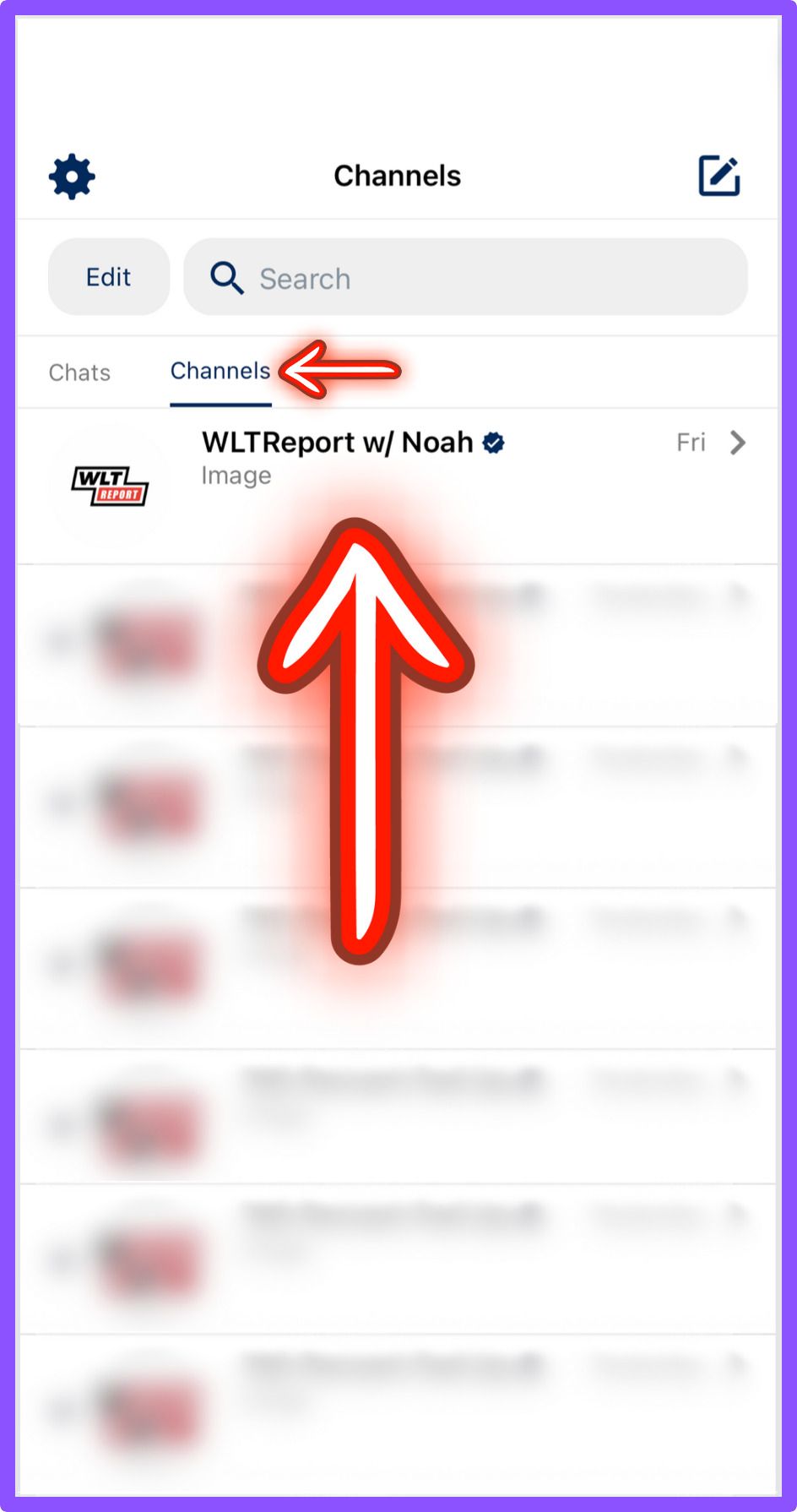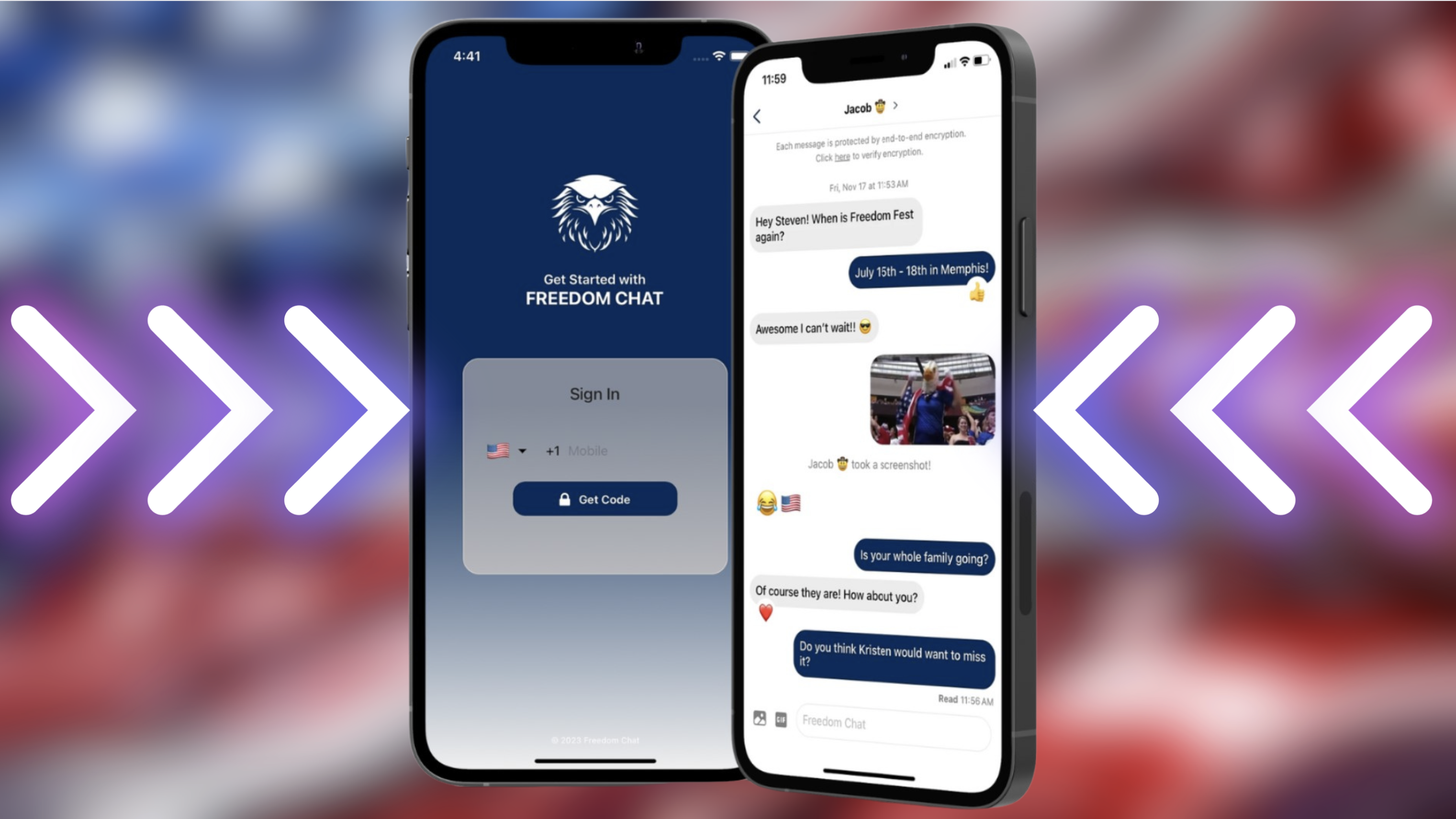Multiple United States cell phone carriers have been collectively fined approximately $200 million by the Federal Communications Commission (FCC) for allegedly sharing customers’ location data without their consent.
According to FOX Business, the FCC issued the fine to AT&T, T-Mobile, Sprint, and Verizon, accusing the providers of sharing access to location information of customers “without consent and without taking reasonable measures to protect that information against unauthorized disclosure.”
Today the FCC has fined US telcos $200 million for illegally sharing phone location data. This comes after a NYTimes investigation into how corrupt law enforcement were using this data, and then my investigation on bounty hunters being able to buy it https://t.co/eZUl9IxE87 pic.twitter.com/Mo61sitnaA
— Joseph Cox (@josephfcox) April 29, 2024
“Sprint and T-Mobile – which have merged since the investigation began – face fines of more than $12 million and $80 million, respectively. AT&T is fined more than $57 million, and Verizon is fined almost $47 million,” the FCC announced.
“Our communications providers have access to some of the most sensitive information about us. These carriers failed to protect the information entrusted to them. Here, we are talking about some of the most sensitive data in their possession: customers’ real-time location information, revealing where they go and who they are,” said FCC Chairwoman Jessica Rosenworcel.
“As we resolve these cases – which were first proposed by the last Administration – the Commission remains committed to holding all carriers accountable and making sure they fulfill their obligations to their customers as stewards of this most private data,” she added.
The FCC stated:
In 2018, U.S. Senator Ron Wyden first highlighted the use case which launched the agency’s investigation and the legal concerns stemming from it in a public letter to its leadership. The FCC Enforcement Bureau investigations of the four carriers found that each carrier sold access to its customers’ location information to “aggregators,” who then resold access to such information to third-party location-based service providers. In doing so, each carrier attempted to offload its obligations to obtain customer consent onto downstream recipients of location information, which in many instances meant that no valid customer consent was obtained. This initial failure was compounded when, after becoming aware that their safeguards were ineffective, the carriers continued to sell access to location information without taking reasonable measures to protect it from unauthorized access.
Under the law, including section 222 of the Communications Act, carriers are required to take reasonable measures to protect certain customer information, including location information. Carriers are also required to maintain the confidentiality of such customer information and to obtain affirmative, express customer consent before using, disclosing, or allowing access to such information. These obligations apply equally when carriers share customer information with third parties.
The FCC has leveraged nearly $200 million in fines against wireless carriers AT&T, Sprint, T-Mobile, and Verizon for illegally sharing customers' location data without their consent. https://t.co/ltbc4mpGhy
— ABC News (@ABC) April 30, 2024
FCC Fines US Wireless Carriers Nearly $200 Million Over Illegal Location Data Sharing
T-Mobile, AT&T, Sprint, and Verizon are accused of violating the Communications Act by the FCC.https://t.co/FkvRKc9uH6
— The Epoch Times (@EpochTimes) April 30, 2024
FOX Business reports:
The FCC claimed “aggregators” that received customer location data from the carriers turned around and charged third-party location-based service providers for access at a price.
The carriers kept up their practice of selling access to such data even “after becoming aware that their safeguards were ineffective,” the regulator also alleged.
“This industry-wide third-party aggregator location-based services program was discontinued more than five years ago after we took steps to ensure that critical services like roadside assistance, fraud protection and emergency response would not be disrupted,” T-Mobile told FOX Business. “We take our responsibility to keep customer data secure very seriously and have always supported the FCC’s commitment to protecting consumers, but this decision is wrong, and the fine is excessive. We intend to challenge it.”
AT&T also took issue with the FCC’s move and indicated to FOX Business it plans to challenge the order “after conducting a legal review.”
The Texas-based carrier argued it “unfairly holds us responsible for another company’s violation of our contractual requirements to obtain consent, ignores the immediate steps we took to address that company’s failures, and perversely punishes us for supporting life-saving location services like emergency medical alerts and roadside assistance that the FCC itself previously encouraged.”
“Verizon is deeply committed to protecting customer privacy,” company spokesperson Rich Young told FOX Business. “In this case, when one bad actor gained unauthorized access to information relating to a very small number of customers, we quickly and proactively cut off the fraudster, shut down the program, and worked to ensure this couldn’t happen again. Unfortunately, the FCC’s order gets it wrong on both the facts and the law, and we plan to appeal this decision.”
The old program, which Verizon ended over five years ago, “required affirmative, opt-in customer consent and was intended to support services like roadside assistance and medical alerts,” according to Young.
Maybe it’s time to get this? 👇
FREEDOM CHAT: Get It For Free, No Censorship, No Spying…Invite To My Private Channel
How cool is this?
Noah here and I’d like to introduce you to something called Freedom Chat.
Have you heard of it?
It’s awesome.
And you’re about to hear about it from some really big names, but just remember I told you about it first….
Because we’ve always got you covered with the latest and greatest here at WLTReport!
But what is it and why am I so excited about it?
Allow me to explain…
Freedom Chat is a conservative-based messaging app offers something that other platforms do not: complete and total privacy with verifiable end-to-end encryption, no storage of messages on the server, and no commercial use of user data.
In other words, NO CENSORSHIP!
NO SPYING!
NO FINES AND PENALTIES! (Hello SHAFT!)
NO BIG BROTHER!
Freedom Chat has hammered home their commitment to privacy and transparency by publishing a 20-page white paper that details their security protocols like which algorithms they use, as well as a step-by-step encryption analysis with snippets of their codebase. Freedom Chat, with their self-destructing messages, encryption verification, screenshot protection, and “sensors off” (which disables your camera and microphone to prevent any possible eavesdropping by big tech or nosey tyrants) is giving privacy back to users.
Click here to take back your right to privacy and free speech and download Freedom Chat today.
Why is it free?
Freedom Chat is free for the first 50 messages you send, so you can try it without obligation. If you want to send more than 50 messages in a month, it’s only $2.95 for unlimited use.
How is it so cheap for unlimited messages?
Freedom Chat doesn’t store your messages on their servers – which means costs are low. Other messaging platforms pay millions to store messages – Freedom Chat doesn’t.
Here’s the BIG QUESTION you may have, which I had myself: How can I trust this is true? How can I trust they don’t truly store my messages?
The answer is simple: it’s all in the pricing listed above.
Storing mass information isn’t cheap.
Why do you think they keep building these massive Data Centers all over the place?
To store all the data they steal from you!
And those data centers aren’t cheap!
But Freedom Chat doesn’t need to pay for expensive Data Centers….because they don’t store your data! It simply doesn’t exist!
So they can charge only $2.95 for unlimited use — which is only if you want more features than the FREE plan.
If they were storing the data, they’d quickly go out of business at that price.
To see exactly how Freedom Chat works watch their 3-minute video tutorial below:
If a government agency, for example, wanted to access communication from someone’s phone by reaching out to Freedom Chat, they would be required to respond, legally. However, there would be nothing to see, thanks to the app’s verifiable end-to-end encryption, which prohibits anyone other than the intended recipient from reading a message. Better yet, there is also no storage of messages on Freedom Chat’s servers, so there would be no way to see what a user wrote since it was already removed from their servers.
Users can also decide whether to utilize self-destructing messages, images, and videos – which are automatically unsent after a specified period of time.
Freedom Chat is easy-to-use, aesthetically appealing, and has all the same user-friendly features of today’s big tech apps with more privacy-focused features and doesn’t sell or exploit users’ personal data for political gain.
Click here to take back your right to privacy and free speech and download Freedom Chat today!
I’ve been using it for about a month now and I love it.
In fact, I’ve created a Private Group in there where we can all chat together.
You want in?
Yes, I’m on Twitter and Telegram and TruthSocial….and they’re great, but I get so many notifications on those that I don’t see everything.
This will be different.
This will be only me and you in a private channel.
Kind of like private, direct access to me on my phone?
Me and 5 million other patriots who love America?
We can all hang out and chat without fear of spying or censorship and without the other distractions on those other networks.
So if you want in, it’s two simple setps.
1️⃣ First you have to get the App…
It’s FREE, click here and test it out for yourself!
2️⃣ Once you’re in, tap on the Channels button and then Search for WLTReport w/ Noah.
It will look like this:

Once you find me, join that Channel and you’re in!
How cool is that?
Super easy, right?
Soon you’ll be hearing about this all over the place, but you can get in early before everyone else.
I’ll see you over there!
(Note: Thank you for supporting businesses like the one presenting a sponsored message in this article and ordering through the links provided, which benefits WLTReport. We appreciate your support and we are proud to bring you awesome new companies like this one that we love using!)










